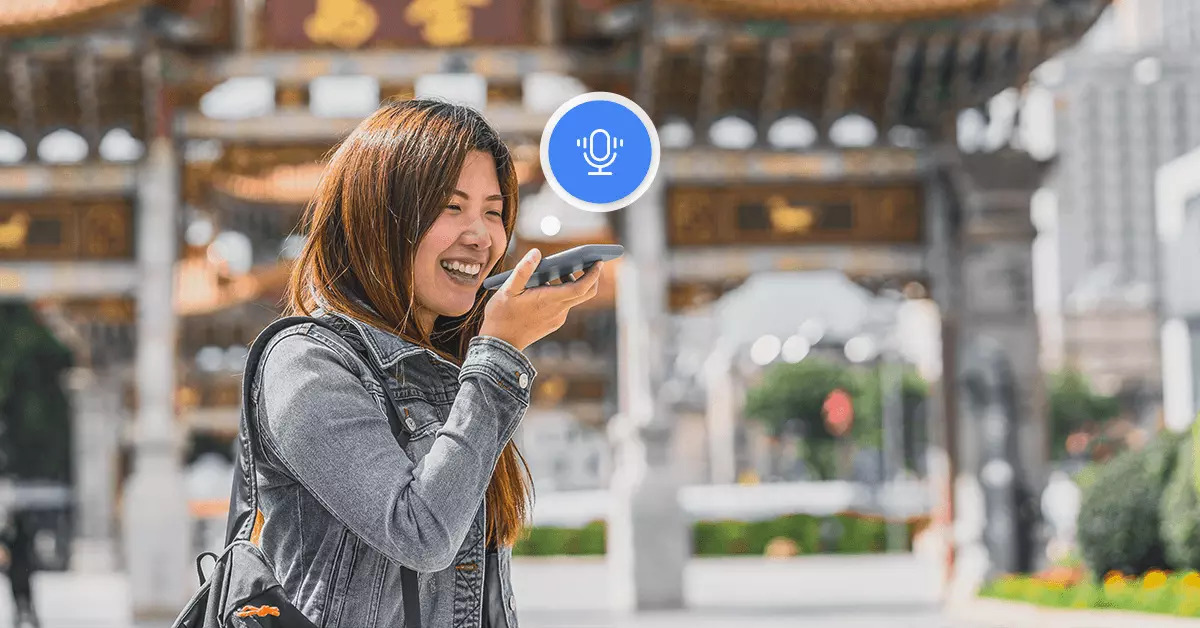How often have we typed our vacation queries into Google for booking flights or rooms in the best hotels? It has been the norm, isn't it? But digital assistant technology is changing our digital travel booking habits. Be it Apple's Siri, Amazon's Alexa, Microsoft's Cortana, and Google's Assistant, more and more people now feel at ease asking using voice search instead of typing.
How often have we typed our vacation queries into Google for booking flights or rooms in the best hotels? It has been the norm, isn't it? But digital assistant technology is changing our digital travel booking habits. Be it Apple's Siri, Amazon's Alexa, Microsoft's Cortana, and Google's Assistant, more and more people now feel at ease asking using voice search instead of typing.
Travel planning website Aertrip, for instance, has enabled a personal assistant called Aerin. By using Aerin, you will find the best deals on hotels and flights within seconds!
What a booming market this voice assistant technology is! Don't believe me? Just check out these stats. In 2021, the global market for voice assistants was worth $2.58 billion. That figure is expected to rise to $3.42 billion in 2022 at a compound annual growth rate of 32.4 per cent.
Voice control is one of the most exciting technology trends to have emerged in recent years, and thanks to smartphones, it has become a part of many consumers' everyday lives. For tourism companies, it is vital to respond to this, embrace new approaches and capitalize on the technology's potential.
Businesses in the hospitality industry need to adopt voice search settings to enhance customer experiences. Voice search can be referred to as voice-recognized search or voice-controlled search in many aspects of our lives. This voice search setting is a process in which users can search for information on a specific website or a custom app through their voice commands.
Voice control can benefit the tourism industry in multiple ways. Hyper personalization is one case; it can be implemented by installing voice-controlled smart hubs in hotel rooms; guests can more easily adjust the various room features, including heating, air conditioning, lighting and other features.

Customer service can also benefit a lot from voice control technology. This might allow a guest to schedule a wake-up call, make a room service order, or request more towels just by speaking to their smart hub, with no queues or delays and no need to go down to the front desk. Voice-controlled smart hubs can also be synced up with restaurant booking processes, electronic gym key card systems, and other hotel services, making them more accessible and faster to access.
Voice control technology offers various benefits for those in the tourism industry, helping to improve the customer experience by increasing personalization and streamlining other services. With that said, the key to successful implementation is to protect guests' privacy and offer them the ability to opt-out.
Voice search has taken off in a big way for travel. From a trend to a revolution. The future of travel planning is speech over text.
















































We will verify and publish your comment soon.